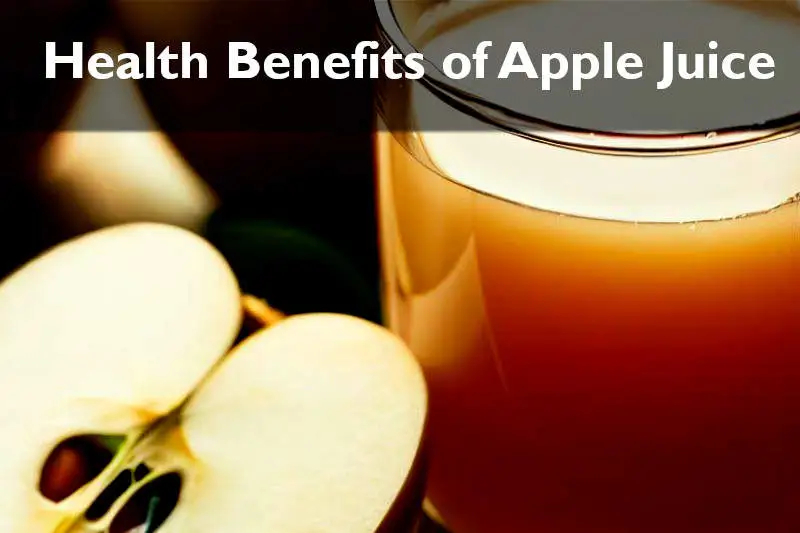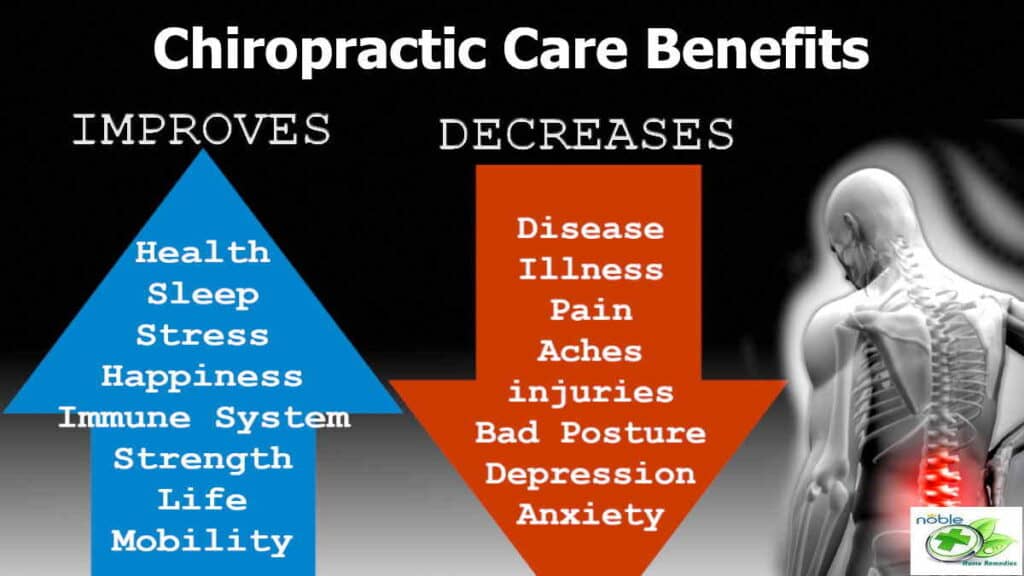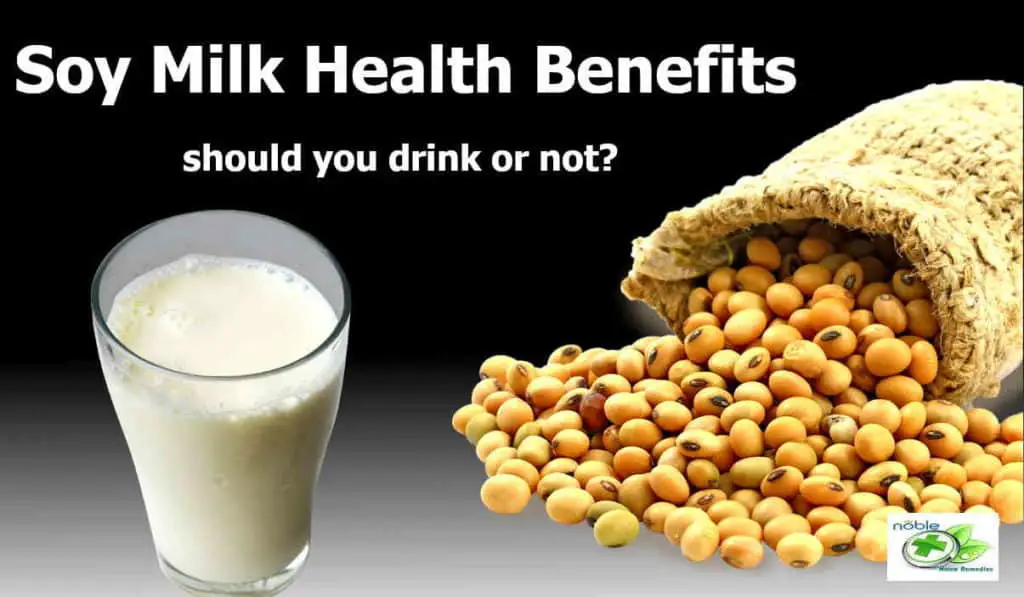5 Important Health Benefits of Carbohydrates: Plus Weight Loss
In short, carbohydrates are called carbs. Most health-conscious people know the health benefits of carbohydrates. How important carbs are to have a healthy lifestyle. Considering the importance of carbohydrates, the following topics are covered in this article:
- What are Carbohydrates?
- Carbohydrate health benefits
- Carbohydrate facts
- Carbohydrate sources
- Carbohydrates and diabetes
- Carbohydrate and weight loss
What are Carbohydrates?
A carbohydrate molecule is composed of carbon, hydrogen, and oxygen. Let’s not get too technical here but learn more in the context of this article. Carbohydrates are one of the four major categories of biological molecules. Here are the four major categories of biological molecules:
- Carbohydrate
- Proteins
- Nucleotides
- Lipids
Our body gets energy primarily from carbohydrates for various body functions. It is mainly responsible for transporting energy in our bodies. Generally, carbohydrates refer to sugars, starches, and fiber present in food.
During the digestion process, sugars and starches are broken down into glucose to provide energy to our cells. Fiber-type carbohydrates cannot be broken down by our digestive system, so our body cannot digest them.
Types of Carbohydrates
There are two types of carbohydrates: simple carbohydrates and complex carbohydrates. Let us understand a little about what these types of carbohydrates are…
Simple Carbohydrates
Simple carbs are glucose and sucrose, foods with high sugar content. Our bodies process simple carbs faster. People intentionally or unknowingly consume them in order to get quick energy.
Simple carbohydrate foods are primarily white bread, syrups, candy, or soda. Consuming simple carbohydrates causes the blood sugar level to spike sharply.
This energy does not last long. Also, it contains no valuable nutrients, so it is called empty calories. These empty calories contain no vitamins, minerals, or fiber.
Complex Carbohydrates
Complex carbohydrates take a long time to digest. These carbs are rich in starch and fiber.
Complex carbohydrates are the body’s main source of energy.
In general, if we talk about carbohydrates, it means we are discussing complex carbohydrates only. So, below we will only discuss complex carbohydrates.
Which foods are high in carbohydrates?
Among the best sources of carbohydrates are fruits, vegetables, and whole grains.
List of Healthy carbohydrates rich food
High-Carb Vegetables – Sweet potatoes, beetroots, corn, kidney beans, yams, peas, and carrots
High-Carb Grains – Quinoa, brown rice, oatmeal, buckwheat, amaranth, barley, durum wheat semolina, pasta (spaghetti), and cereals
High-Carb Fruits – Bananas, Apples, Mangos, Oranges, Blueberries, Grapefruit, melons, pears, and kiwifruit
High-Carb in Legumes – black beans, pinto beans, lentils, navy beans, chickpeas, and soybeans
High Carb in Milk products – plain yogurt, low-fat milk, rice milk, and soy yogurt
How Many Carbohydrates Does the Average Person Need?
According to the Dietary Guidelines for Americans 45 to 65 percent of your daily calorie requirements are from carbohydrates.
Around 900 to 1300 calories of a 2000-calorie diet must come from carbohydrates. A gram of carbohydrates contains 4 calories. Therefore, your daily carb intake should be about 225 to 325 grams.
You can use the BMR (Basal Metabolic Rate) calculator to find out how many calories you should eat according to your gender, age, height, and weight.
Carbohydrates Health Benefits and Facts

As mentioned earlier, carbohydrates are essential to your health and body’s functions. In this section, we will discuss the health benefits of carbohydrates.
1. Carbohydrates are the source of energy
Carbohydrates are the body’s main source of energy. The digestion process breaks down the sugars and starches into simple sugars and complicated sugars.
The simple sugars break down into glucose, fructose, sucrose, and lactose, which are then absorbed into our bloodstream. The glucose level in the blood is commonly referred to as blood sugar. The term is mostly used in relation to diabetes.
Glucose is used for energy in our cells. It could be for a heavy physical activity like running or for something as simple as breathing.
Glucose that isn’t utilized for fuel is stored in our liver, muscles, and other cells. This stored glucose is later used for energy or is converted into fat by our body.
2. Carbohydrates Protect Against Diseases
The fiber side of carbohydrates helps to reduce cardiovascular diseases. Additionally, it prevents conditions such as weight gain and Type 2 diabetes. Fiber also contributes to a healthy digestive system.
3. Carbohydrates Prevent Weight Gain
Studies have shown that a diet high in whole grains, fruits, and vegetables controls weight. The presence of high fiber makes one feel full, so they will eat less food thus consuming fewer calories.
4. Carbohydrates and Diabetes
The amount of carbohydrates you eat has a direct effect on your blood sugar level. In order to maintain healthy blood sugar levels, diabetic patients should keep a carb count.
Additional information on natural remedies for diabetes Type 2 diabetes can be found in the article on natural herbs.
Eat according to the carb count given above. A good choice is to eat a few carbs or no-carb food, depending on your diabetes condition.
Fish, meat, poultry, nuts, and certain types of cheese contain no carbohydrates. Detailed carb counts can be found on the American Diabetes Association website.
5. Carbohydrates for Weight Loss
Diets that are low in carbohydrates are helpful for losing weight. Just a quick calculation, you need to consume 45 to 65 percent of carbohydrates per day. This is as per the dietary guidelines.
The maximum amount of carbohydrates you should consume each day is 225 to 325 grams in a diet of 2000 calories. If you want to lose weight, you need to eat approximately 150 grams of carbohydrates. It will result in faster weight loss.
You can make weight loss drinks with perfectly balanced carbohydrates to lose weight.
The Healthy Way of Losing Weight
Losing weight with a low-carb diet is highly recommended. With this diet, carbs, such as sugar and starches, are better controlled. For instance, you should steer clear of foods such as pasta and bread, while increasing your intake of protein and vegetables. In this way, excess calories can be restricted.
This is a healthy method for losing weight, as it will help lower blood sugar levels, blood pressure, and bad cholesterol levels. At the same time, boosting the levels of good cholesterol in your blood.
Another reason why low-carb fiber food can help you lose weight is that it reduces the desire to eat more.
Carbohydrates Count in Various Types of Food?
Many people wanted to know how many carbohydrates are in different types of foods. Here is a table that includes the most commonly used carbohydrate foods and their levels in grams.
| Type | Food | Size | Weight |
| Fruit | Banana | Medium 7 to 8 inches long | 118g |
| Fruit | Avocados | 1 cup sliced | 146g |
| Fruit | Strawberries | 1 medium 1 ¼ inches dia | 12g |
| Fruit | Watermelon | 1 NLEA serving | 280g |
| Fruit | Blueberries | 1 cup (148g) | 21g |
| Eggs | Chicken Egg | Large boiled egg | 50g |
| Vegetable | Tomato | Small 100g | 3.9g |
| Vegetable | Popcorn | 1 oz (28.4g) | 21g |
| Vegetable | Sweet potato | 1 cup cubes (133g) | 27g |
| Vegetable | Beetroot | 1 cup (136g) | 13g |
| Vegetable | Kidney beans | 1 cup (184g) | 100g |
| Vegetable | Peas | 1 cup (145g) | 21g |
| Vegetable | Carrot | 1 medium (61g) | 6g |
| Grains | Quinoa | 1 cup (185g) | 39g |
| Grains | Rice white, long-grain | 1 cup (158g) | 45g |
| Grains | Rice brown long, cooked | 1 cup (195g) | 45g |
| Grains | Oatmeal | 1 cup cooked (234g) | 27g |
| Grains | Cereal | 1 cup (81g) | 55g |
| Wheat | Spaghetti | 1 cup (140g) | 43g |
| Dietary | Milk 1% fat | 1 cup (244g) | 12g |
| Bread | White Bread | 1 slice | 14g |
| Bread | Whole wheat bread | 1 slice | 17g |
| Bread | Flour tortilla | 10 inch | 36g |
| Bread | Bagel | 3 inch | 29g |
| Beverage | Beer | 1 can (356g) | 13g |
| Legumes | Lentils boiled | 1 tablespoon (12g) | 2.5g |
| Legumes | Black beans | ½ a cup (130g) | 20g |
Choosing the Right Carbohydrates for Your Diet
Whole-grain foods are healthier because they contain fiber and nutrients, whereas refined grains lack them. That is why whole grains are preferred to refined grains.
Focus on fiber-rich vegetables and fruits. It’s best to buy whole vegetables and fruits in their natural form, frozen or canned with no sugar added. Dried fruits and juices fruits also work well. When you consume fiber-rich fruits and vegetables, you feel full with fewer calories…
Intake of more legumes. Legumes include peas, beans, and lentils, which are incredibly nutritious. This food is low in fat while being rich in potassium, magnesium, and iron. It also contains protein, good fats, and fiber. It is a good alternative to meat because it contains a lot of protein. Meat contains saturated fats and cholesterol, which are harmful to health.
Consume low-fat milk products. Dairy products are rich in calcium, protein, minerals, and vitamins. Low fat means fewer saturated fats, reducing your calorie intake. Avoid sugar-sweetened milk products.
Carbohydrates are a major component of children’s diets, and their intake varies from that of adults.
How Do Carbohydrates Impact Your Health?
The positive or negative effects on our health depend on what we eat and drink every day. Carbohydrate intake leads to insulin resistance. Diseases such as cardiovascular disease and Type 2 Diabetes are largely caused by it. Listen to Richard J. Wood, the TED Educator, below:
Takeaway
Carbohydrates are the primary source of energy for the brain, kidneys, heart muscles, and central nervous system. Fiber, another carbohydrate, can keep blood cholesterol levels healthy and stimulate fat metabolism.
When you don’t get enough carbohydrates in your diet, your body can store extra carbohydrates in your muscles and liver.
An insufficient intake of carbohydrates can result in headaches, fatigue, weakness, trouble concentrating, nausea, constipation, bad breath, and vitamin and mineral deficiencies.
The best way to maintain a healthy weight is by avoiding foods high in added sugar, refined grains (such as white bread), sodas, sweet foods, and other highly processed foods.
It’s important to know and understand the benefits of carbohydrates for a healthy lifestyle. Eat the right foods and know your daily calorie requirements to make sure you are doing it right.
FAQ
Are carbohydrates sugar?
Yes, they are. Carbohydrates are composed of simple sugars, but also starches and fiber. Starches and fiber are broken down into simple sugars during digestion. Then it is absorbed into the blood. Syrup made from corn is typically in the form of glucose.
Why are carbohydrates important?
In fact, carbohydrate is our body’s main source of energy, so it is very important for the body to function properly.
Are carbohydrates bad?
Carbohydrates are considered bad for two reasons. They lead to weight gain. Secondly, diabetics should monitor their carbohydrate intake to control blood sugar levels.
How many carbs is low carb diet
It is difficult to define how many carbs are in a low-carb diet. Low-carb diets may vary from person to person. The low-carb diet is used to lose weight quickly. The amount of carbohydrates a person needs depends on his or her BMR, or how many calories are required every day. It is based on a person’s age, height, weight, and physical activities.
If a person needs 2000 calories of energy every day, he or she should aim for around 250 grams of carbs.
For such a person, a low-carb diet should be prescribed that is less than 250 grams of carbohydrates. This will help him lose weight much faster.
Low-carb diets also help raise good cholesterol and lower bad cholesterol, blood sugar, and blood pressure. Triglycerides are bad cholesterol.
Source:
Noble Home Remedies adheres to rigorous sourcing standards, drawing information from peer-reviewed studies, reputable academic research institutions, and esteemed medical journals and associations. We prioritize using high-quality, trustworthy sources to maintain the accuracy and integrity of our content. You can learn more about how we ensure our content is accurate and current by reading our editorial policy.
- A randomized trial comparing a very low carbohydrate diet and a calorie-restricted low-fat diet on body weight and cardiovascular risk factors in healthy women – PubMed (nih.gov) – https://pubmed.ncbi.nlm.nih.gov/12679447/
- Comparison of energy-restricted very low-carbohydrate and low-fat diets on weight loss and body composition in overweight men and women (nih.gov)- https://www.ncbi.nlm.nih.gov/pmc/articles/PMC538279/
- Health Effects of Low-Carbohydrate Diets: Where Should New Research Go? (nih.gov) – https://www.ncbi.nlm.nih.gov/pmc/articles/PMC3595318/
- Effects of Low-Carbohydrate Diets Versus Low-Fat Diets on Metabolic Risk Factors: A Meta-Analysis of Randomized Controlled Clinical Trials (nih.gov) – https://www.ncbi.nlm.nih.gov/pmc/articles/PMC3530364/
- Low-carbohydrate nutrition and metabolism – PubMed (nih.gov) – https://pubmed.ncbi.nlm.nih.gov/17684196/
- Systematic review and meta‐analysis of clinical trials of the effects of low carbohydrate diets on cardiovascular risk factors – Santos – 2012 – Obesity Reviews – Wiley Online Library – https://onlinelibrary.wiley.com/doi/abs/10.1111/j.1467-789X.2012.01021.x
Trust in your purchase:
Every product featured on our site has been carefully researched and selected based on quality, customer ratings, and positive reviews to ensure you receive excellent value for your money.
Please note:
This post contains affiliate links. If you make a purchase through these links, we may earn a small commission at no additional cost to you. This helps support our site and allows us to continue bringing you valuable content. Thank you!
Thank you for your precious time spent with NobleHomeRemedies.
You may also like:
Drinking Bay Leaf Tea Health Benefits
10 Health Benefits of Bay Leaf Tea: Best for Sleep, cough, bunions Why is drinking…
Benefits of Apple juice
Power of Apples: Top 10 Astonishing Benefits of Apple Juice! Ever since the age of…
Health Benefits of Chinen Salt
Health Benefits of Chinen Salt: Effective Diabetes Treatment Since ancient times, the Chinese have been…
Rice Milk Benefits
Rice Milk Benefits – Health Benefits, Skin Care and Hair Care Benefits Rice milk benefits…
Benefits of Chiropractic Care
20 Amazing Benefits of Chiropractic Care: Quick Adjustments Chiropractic care is primarily an alternative treatment…
Soy Milk Benefits
Soy Milk Benefits: Health Benefits, Side Effects, Nutrition & Facts Soy milk is another alternative…






